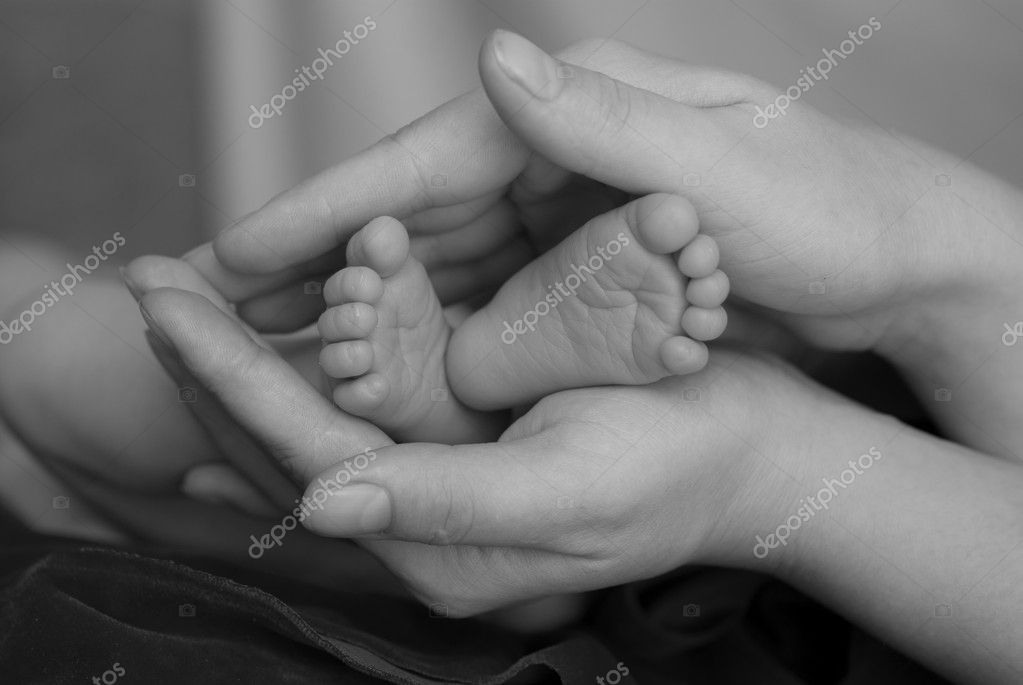¿Parto y reparto o los partos?- 5 minutes Spanish/ Deliver or deliveries?
cigüeña- stork
Hi, how are you doing?
Good morning, good
afternoon or good evening, depending on the time you hear us or the place you
are.
In these 5 minutes of
Spanish in the middle of the week we are going to talk about “parto” and “partos”.
There are people who
like to “repartir” (give out) chocolates for their children and “los parte” (cut
them) into equal pieces to make up for everyone.
Do you know anyone like
that, Eduardo?
I usually “parto”
(break) the chocolates or the cakes into several pieces so we all enjoy and
share at the table.
Here is a use of the
verb “partir” to split: to fragment, cut and separate a thing into several
pieces or fragments.
Another verb is also
formed: “repartir” to divide.
Then “parto” is the
first person – “yo parto” I split
Or I “reparto” hand out
the chocolates to my children.
We can say: “Parto” I
leave for work at 7:00 AM, that is, I go out or I leave.
“Parto” I leave at 8:00
those who didn't arrive are left without the trip.
And the “partos” deliveries?
“ Partos” Births are
something totally different.
The term “parto” comes
from the Latin, parere or parir meaning to give birth.
El parto (Childbirth)
is the moment when people or animals are born.
The cat parió (gave
birth) to 8 kittens
My daughter (parió) gave
birth to a beautiful girl
A synonym is "dar
a luz".
In a hospital you will
see a room called: “Sala de partos” - Delivery room
In a bookstore you will
see books about “el embarazo y el parto” (pregnancy and childbirth).
There are concepts such
as:
parto natural - natural childbirth
parto sin dolor - painless birth
parto asistido - assisted childbirth
parto de nalgas - breech birth
parto humanizado - humanized birth
trabajo o labor de parto - labor or
delivery
A pregnant woman has a
probable (fecha de parto) delivery date, usually the child is born on any day
but that....
But you can
also use “parir” with other meanings, right?
Yes, “parir” is to do
something very difficult, for example: fixing this is a “parto”, I can't do it
anymore!
Sometimes learning the
irregular verbs is a “parto”, but you can always do it, if you give yourself
the time.
Of course,
this last meaning of “parto” is used only in a colloquial and spoken language.
El parto (Birth) is the
day the child is born and that date is celebrated as his birthday, the most
important day!
But is “parir”
used in a negative way sometimes?
Yes, it can be a very
big offense and there they relate it to the mothers that we are the ones who “parimos”.
But bad words and especially those involving mothers and their “partos”, don't
go in these 5 minutes.
As always, thank you
for listening to us, we'll see you next week.
Bye bye
En español
Hola, ¿qué tal?
Buenos días, buenas
tardes o buenas noches, según a la hora en la que nos escuches o el lugar en el
que estés.
En estos 5 minutos de español a la mitad de la semana vamos
a hablar de parto y de los partos.
Hay personas a las que les gusta repartir chocolates para
sus hijos y los parte en pedazos iguales para conformar a todos.
¿Conoces alguna persona así, Eduardo?
Yo generalmente parto los chocolates o los
pasteles en varios pedazos así todos disfrutamos y compartimos en la mesa.
Aquí es un uso del verbo partir: fragmentar, cortar y
separar una cosa en varios pedazos o fragmentos.
También se forma otro verbo: repartir.
Entonces parto es la primera persona- Yo parto
O yo reparto los chocolates entre mis hijos.
Podemos decir: Parto al trabajo a las 7:00 AM, quiere
decir, salgo o me voy.
Parto a las 8:00 los que no llegaron se quedan
sin el viaje.
¿Y los partos?
Los partos son algo totalmente diferente.
El término parto
viene del latín, parere o parir.
El parto es el momento en que las personas o animales nacemos.
La gata parió 8 gatitos
Mi hija parió una niña hermosa
Un sinónimo es” dar a luz”
En un Hospital van a ver una sala llamada: Sala de partos
En una librería van a ver libros sobre el embarazo y el
parto.
Hay conceptos tales como:
parto natural - natural childbirth
parto sin dolor - painless birth
parto asistido - assisted
childbirth
parto de nalgas - breech birth
parto humanizado - humanized birth
trabajo o labor de parto - labor or
delivery
Una mujer embarazada tiene una fecha probable de parto, generalmente
el niño nace cualquier otro día menos ese….
Pero también se puede usar parir con otros
significados, ¿verdad?
Sí, parir es hacer algo muy difícil, por ejemplo: ¡reparar esto es un parto, no puedo más!
A veces aprender los verbos irregulares es un parto, pero
siempre se logra, si te das el tiempo.
Por supuesto que este último significado de parto
se usa solo en forma coloquial y hablada.
El parto es el día en el que el niño nace y se celebra esa
fecha como su cumpleaños, ¡el día más importante!
¿Pero parir se usa en un tono negativo, a veces?
Sí puede ser una ofensa muy grande y ahí lo relacionan con
las madres que somos las que parimos. Pero las malas palabras y sobre todo las
que involucran a las madres y a sus partos, no van en estos 5 minutos.
Como siempre gracias por escucharnos, nos vemos la próxima
semana.
Chau chau






Comentarios
Publicar un comentario